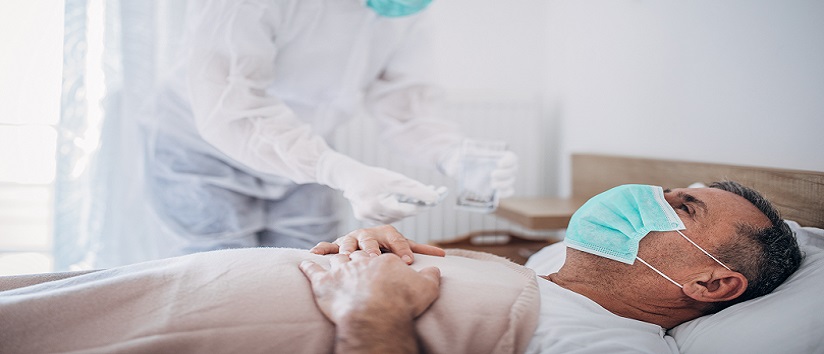Pavilion Publishing and Media Ltd
Blue Sky Offices Shoreham, 25 Cecil Pashley Way, Shoreham-by-Sea, West Sussex, BN43 5FF, UNITED KINGDOM
Meet our speaker: Professor Margot Gosney
Professor Margot Gosney will be speaking at the GM Conference in October on the frail patient in the age of Covid 19 and asking can we totally avoid hospitalisation by the use of virtual frailty wards. She will illustrate the pros and cons of virtual frailty wards, how to set up the systems, and tips to help climb the obstacles that inevitably occur.
![Professor Margot Gosney]() The frail patient in the age of
The frail patient in the age of
Covid 19: can we totally avoid hospitalisation by the use of virtual frailty wards?
Professor Margot Gosney, Honorary Consultant in Elderly Care Medicine at the Royal Berkshire NHS Foundation Trust
Talk abstract
Although Covid has delayed many important aspects of healthcare planning it has also provided many opportunities. I see one of the largest as bringing Hospital Services out into the Community whilst breaking down barriers between health and social care.
Hospital at Home takes many guises, but the premise must be that there is an equitable delivery of care irrespective of where the patient is treated. I have worked in two systems where Comprehensive Geriatric Assessment is either provided by a multi disciplinary team who work together in the same virtual space under the same leadership or where systems run in parallel with different reporting systems.
If virtual frailty wards are to work, the team must be highly skilled, able to engage all partners equally and be prepared to move out of the comfort of a fully equipped hospital. It indeed is a brave new world but one we need to embrace in order to deliver care to an individual who has chosen not to go to the acute hospital. I will illustrate the pros and cons of the systems, how to set up a system and tips to help climb the obstacles that inevitably occur.
Speaker spotlight
Why did you choose to become a healthcare professional?
I grew up wanting to help people. From about the age of five, I really wanted to be a doctor. Apart from a period at school where I was encouraged to be a housewife, I have received lots of encouragement.
What is your biggest achievement in medicine?
I think some of my grants should come as greatest achievements but actually during Covid the ability to look after patients who were dying comes high in the list. I was able to hold people’s hands, Facetime relatives and send pictures to nearest and dearest. I went home crying many days, but it was the medicine that I think I was most proud of.
What are the most important lessons we need to learn from the Covid-19 pandemic?
We made some terrible mistakes as a country. We did not stop Covid getting into care homes by stopping visitors. What we did was deprive older people in their last weeks or months from seeing family and loved ones. I think given the choice again most people would rather have risked seeing their elderly relatives than stayed away for them to get Covid and die anyway.
What do you think will be the biggest challenge for our ageing population?
Sheer numbers is going to be our challenge. The numbers of patients and older people who need care. We need to pay good money to get good carers. We need to look at the workforce who provide the 24/7. This is everyone from the ward cleaner to the ward manager. In the community, pay decent wages and look realistically at what someone can do in the time allocated.
If you could change one thing about the NHS, what would it be?
Get rid of a number of managers!!! Stop paying stupid money for advisors and experts to come in to help sort out the system. Ask those who are working within the system and trust what they say.
Why is it so important that we discuss frailty and community geriatrics at our conference?
Frailty is going to increase. The number of very frail patients is increasing and most will need input in the community. We need to look at a very different breed of community geriatricians from those we appointed 10 years ago. Community geriatrics will become more like the Emergency Department and we need to have a workforce trained and willing to work in such an environment
Biography
Margot Gosney began her studies in medicine at the University of Liverpool. She decided on a career in Geriatric Medicine during her undergraduate days and spent her final year elective researching adverse drug reactions and potential interactions in elderly hospitalised people. This resulted in her first publication in The Lancet. In 1992, she was appointed Senior Lecturer at the University of Liverpool, in 2003 appointed Director of Clinical Health Sciences, University of Reading and Honorary Consultant in Elderly Care Medicine at the Royal Berkshire NHS Foundation Trust. She is currently running two Hospital at Home services in her Trust.
To find out more about our annual conference, Health and ageing in post Covid NHS, please visit our events page.
This conference is accredited with six CPD points.




 The frail patient in the age of
The frail patient in the age of